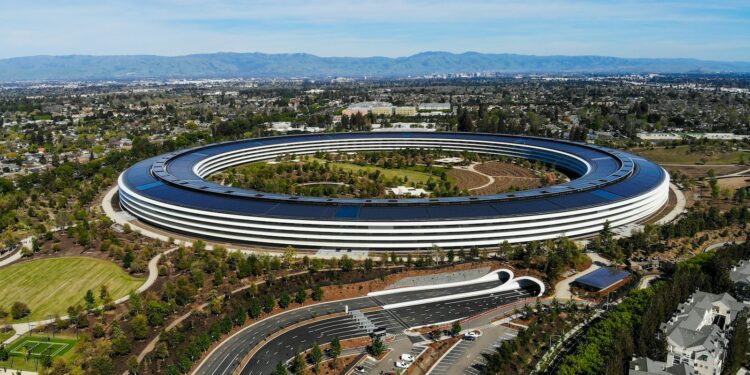Donald Trump often claims he won't change his mind. Time and again, it turns out that this isn't entirely true. In a conversation with journalists, he himself admitted that he had made concessions to Apple on the tariffs. The reason: a direct conversation with Apple CEO Tim Cook. This statement is remarkable because Trump had always publicly emphasized that there would be no exceptions to the trade tariffs. Yet, this very exception has now apparently been made – even if it wasn't officially named that way.
Tariffs are a central element of Trump's trade policy. He imposed punitive tariffs on many products, particularly against China. Companies like Apple could have been severely affected, as many components and devices are manufactured in China. Trump had always emphasized that there would be no exceptions. But things were different with Apple. This new development demonstrates the powerful influence of personal contacts within the Trump administration. Tim Cook apparently exerted influence through a direct line to the president – and successfully.
Trump explains himself – half-heartedly
In an official meeting with El Salvador's President Nayib Bukele, Trump spoke to reporters about the tariffs. He said he was a very flexible person who didn't change his mind, but was flexible. He said:
You can't just have a wall and just walk... sometimes you have to go around it, under it, or over it.
This formulation fits Trump's style: He remains vague, suggests steadfastness, but shows that he leaves room for maneuver. Shortly afterward, he spoke directly about Apple and Tim Cook:
I recently helped Tim Cook. And this whole thing. I don't want to hurt anyone.
This was the first time he openly admitted that a personal conversation with the Apple CEO had impacted his tariff policy. Apple was subsequently partially exempted from the tariffs on Friday. The measure came as a surprise, as it had previously been ruled out that there would be any exemptions at all (via Bluesky).
Trump contradicts himself
By the following Sunday, Trump made it clear that, in his opinion, there had been no "exemption." Instead, he said that one type of tariff had simply been replaced by another. This was likely to avoid giving the impression that he had backed down from his hard line. Commerce Secretary Howard Lutnick was also called in, and publicly stated that the measure in favor of Apple would only be temporary. He didn't get any more specific. His only timeline was that this relief would end "in a month or two." This, too, remained vague, but the message was clear: Trump wants to create the impression that there is no permanent exemption for Apple.
Tim Cook and Trump – a special relationship
Tim Cook is considered one of the few US business leaders who had a functioning working relationship with Trump. Although Trump once called him "Tim Apple," Cook apparently never publicly opposed him. He was a regular guest at the White House and remained in dialogue with the administration—even during difficult political phases. Cook is not a typical product visionary like Steve Jobs. Jobs himself is said to have once described Cook as "not a product person." But Cook is known for his political sensibility and strategic skills. He had already donated one million dollars to Trump's inauguration before his second term—a clear signal of the development of a resilient relationship.
- Q2/2025: Apple to present figures on May 1 – and discuss tariffs
- Apple: How Tim Cook is using Trump's second term
Apple benefits – thanks to direct line to Trump
Trump lowered tariffs on Apple after a conversation with Tim Cook – this has now been officially confirmed. Even though he tries not to portray this as a change of mind, it's clear that personal contacts played a role here. Cook sought the conversation, and Trump responded. This contradicts Trump's previous policy of not making exceptions, even if he doesn't spell it out that way himself. Apple is benefiting, but according to the administration, only temporarily. The case shows that much of what goes on behind public announcements is informal. And anyone with access to the president was apparently able to influence economic policy decisions – even if there were officially no exceptions. (Photo by Unsplash / Carles Rabada)
- Apple now produces one in five iPhones in India
- Apple production in China unsustainable according to Trump
- iPhone 16e puts Apple at the top of the smartphone market





